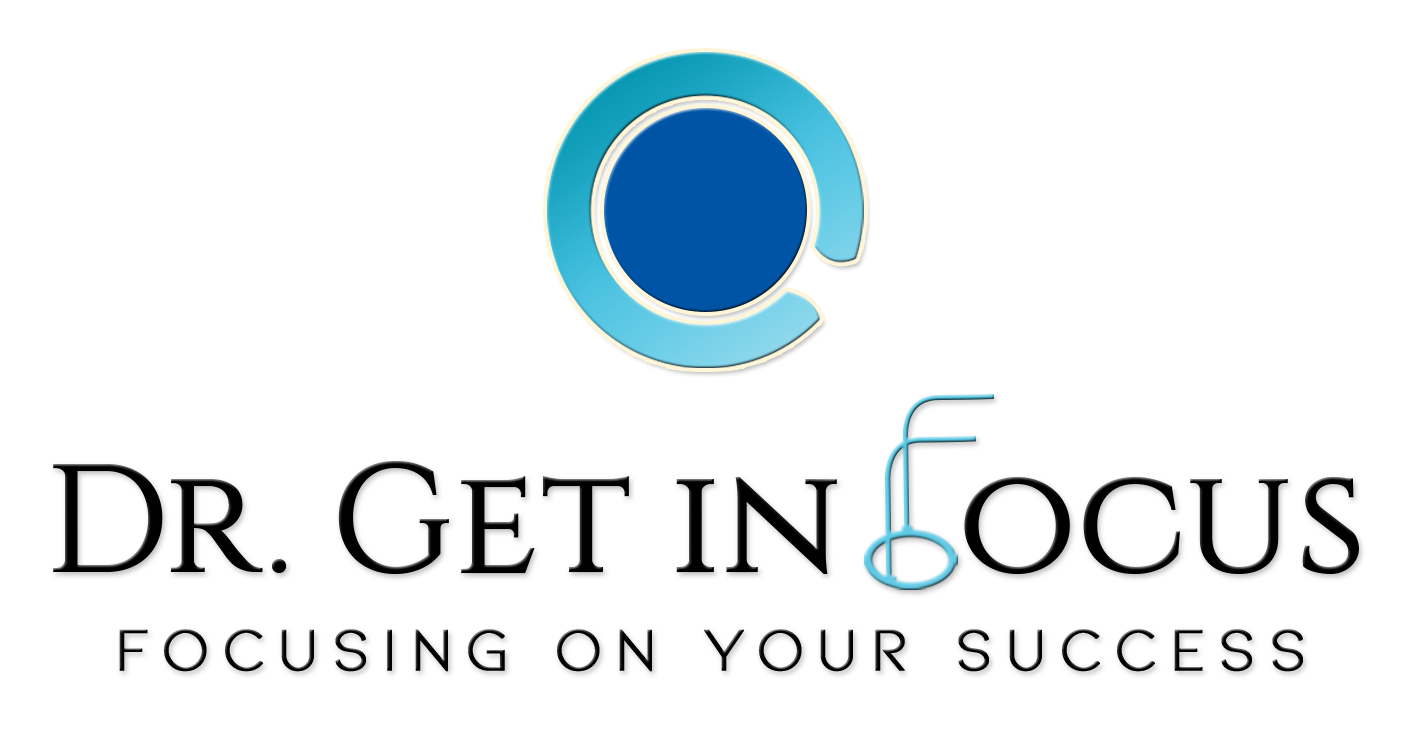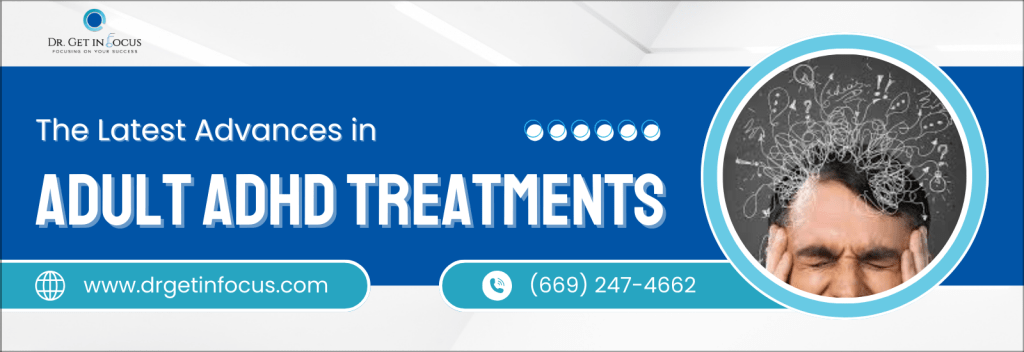Adult ADHD Treatment: Living with ADHD as an adult can be challenging, but the good news is that treatments are continually evolving. Whether you’ve just been diagnosed or have been managing ADHD for years, staying informed about the latest treatment options can make a significant difference in your quality of life.
This article will guide you through the latest advances in adult attention deficit hyperactivity disorder treatments, breaking down what’s new, effective, and promising.
Understanding ADHD in Adults
ADHD, or Attention Deficit Hyperactivity Disorder, isn’t just a childhood condition. For many, symptoms persist into adulthood, affecting various aspects of life, from work to personal relationships. Understanding the complexities of ADHD in adults is crucial as it differs from childhood ADHD, with less hyperactivity and more issues related to inattention and executive function.
Traditional Treatments: A Quick Recap
Before diving into the latest advancements, it’s essential to revisit the traditional treatments for ADHD. Medications like stimulants (e.g., Adderall, Ritalin) and non-stimulants (e.g., Strattera) have been the go-to options for many years. Coupled with behavioral therapies, these treatments have helped millions manage their symptoms effectively. However, not everyone responds well to these methods, which is why new treatments are continually being explored.
The Rise of Digital Therapeutics
One of the most exciting developments in ADHD treatment is the emergence of digital therapeutics. These are software-based interventions designed to improve attention and cognitive function. For instance, apps like EndeavorRx have been FDA-approved as a prescription treatment for ADHD. By engaging users in targeted exercises, these digital therapies can complement traditional treatments, offering a non-pharmacological option for those who prefer or require it.
Medication Updates: What’s New?
The world of ADHD medication is also seeing significant advancements. New formulations of existing drugs are being developed to provide longer-lasting effects with fewer side effects. For example, Jornay PM is a unique stimulant that is taken in the evening but activates the next morning, helping manage symptoms right from the start of the day. Additionally, non-stimulant options are being refined to offer alternatives for those who don’t respond well to stimulants.
The Role of Cognitive Behavioral Therapy (CBT)
Cognitive Behavioral Therapy (CBT) remains a cornerstone in the treatment of adult ADHD, but recent innovations have enhanced its effectiveness. Modern CBT approaches are increasingly tailored to the specific needs of adults with ADHD, focusing on improving organizational skills, time management, and emotional regulation. Online platforms now offer CBT sessions, making it more accessible than ever.
Mindfulness and ADHD: A New Frontier
Mindfulness practices are gaining traction as a complementary treatment for ADHD. Research shows that mindfulness meditation can help reduce impulsivity and improve attention in adults with ADHD. By teaching individuals to focus on the present moment, mindfulness can serve as a valuable tool alongside more traditional therapies, offering a holistic approach to managing symptoms.
Nutritional Interventions: Food for Thought
Diet and nutrition have an important role in treating ADHD symptoms. While the idea that food additives contribute to ADHD has been debated, emerging research suggests that a balanced diet rich in omega-3 fatty acids, vitamins, and minerals can support brain function. Some studies even suggest that dietary supplements may help reduce symptoms, making nutritional interventions an area worth exploring.
The Power of Support Groups
Support groups, both online and in-person, provide a sense of community and understanding for adults with ADHD. Sharing your experiences and methods with others facing similar issues may be quite empowering. These groups often offer a platform to learn about the latest treatments and coping strategies from peers, making them an invaluable resource.
Telehealth and ADHD Management
The COVID-19 pandemic has accelerated the adoption of telehealth, and its impact on ADHD treatment has been profound. Virtual appointments make it easier for adults with ADHD to access care without the barriers of distance or time constraints. Whether it’s consulting with a psychiatrist or attending therapy sessions, telehealth offers flexibility that is particularly beneficial for individuals managing ADHD.
What’s Next? Future Directions in ADHD Treatment
The future of ADHD treatment looks promising, with ongoing research into novel approaches. One area of interest is the use of neurofeedback, a technique that trains individuals to regulate brain activity. While still in the experimental stage, early results suggest that neurofeedback could become a viable treatment option. Additionally, personalized medicine, where treatment plans are tailored to an individual’s genetic makeup, is on the horizon, potentially revolutionizing how ADHD is treated.
Conclusion
Staying updated on the latest advances in adult attention deficit hyperactivity disorder treatments is essential for anyone managing the condition. From digital therapeutics to new medication formulations and the integration of mindfulness, there are more options than ever before. By exploring these advancements, adults with ADHD can find the combination of treatments that works best for them, leading to a more fulfilling and productive life. For a comprehensive approach to managing adult ADHD, consider exploring services like those offered by Dr Get in Focus, where expert guidance and personalized treatment plans can help you stay on track.
If you find this information useful!? Take a look at Top Courses by Jeff Levine. These are also very useful to you.

